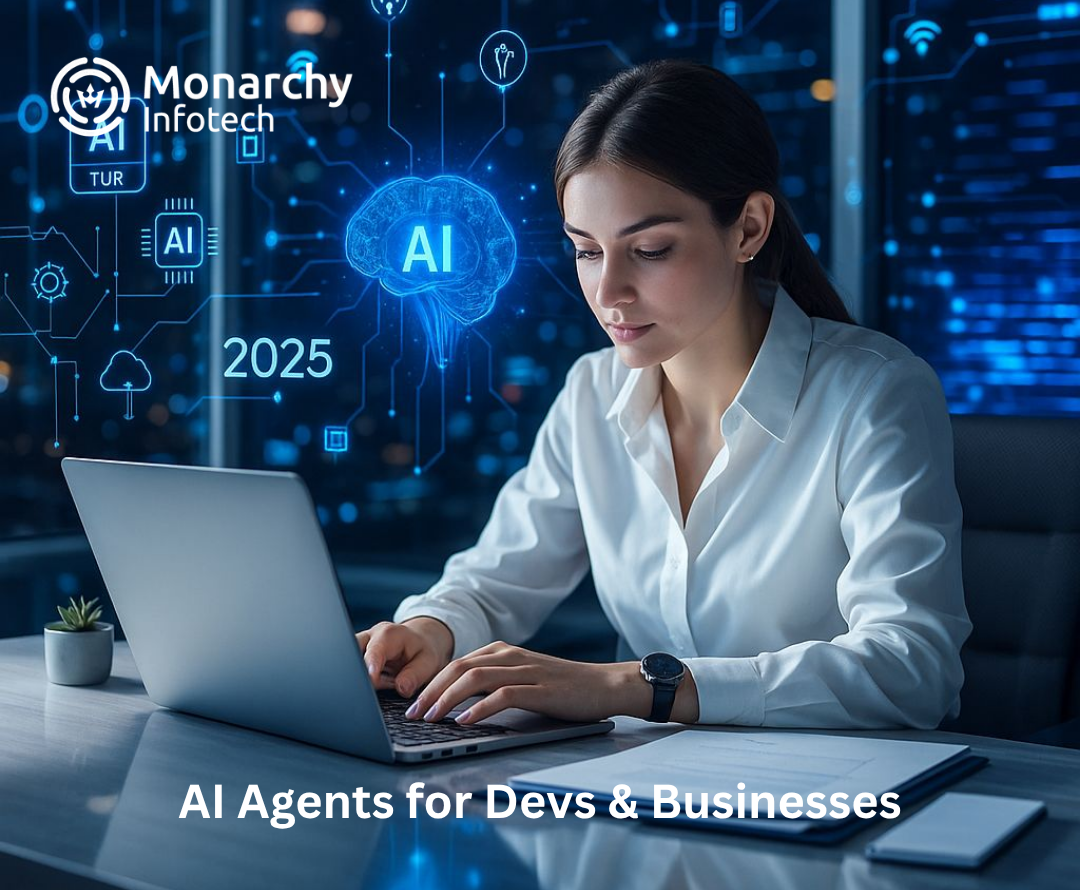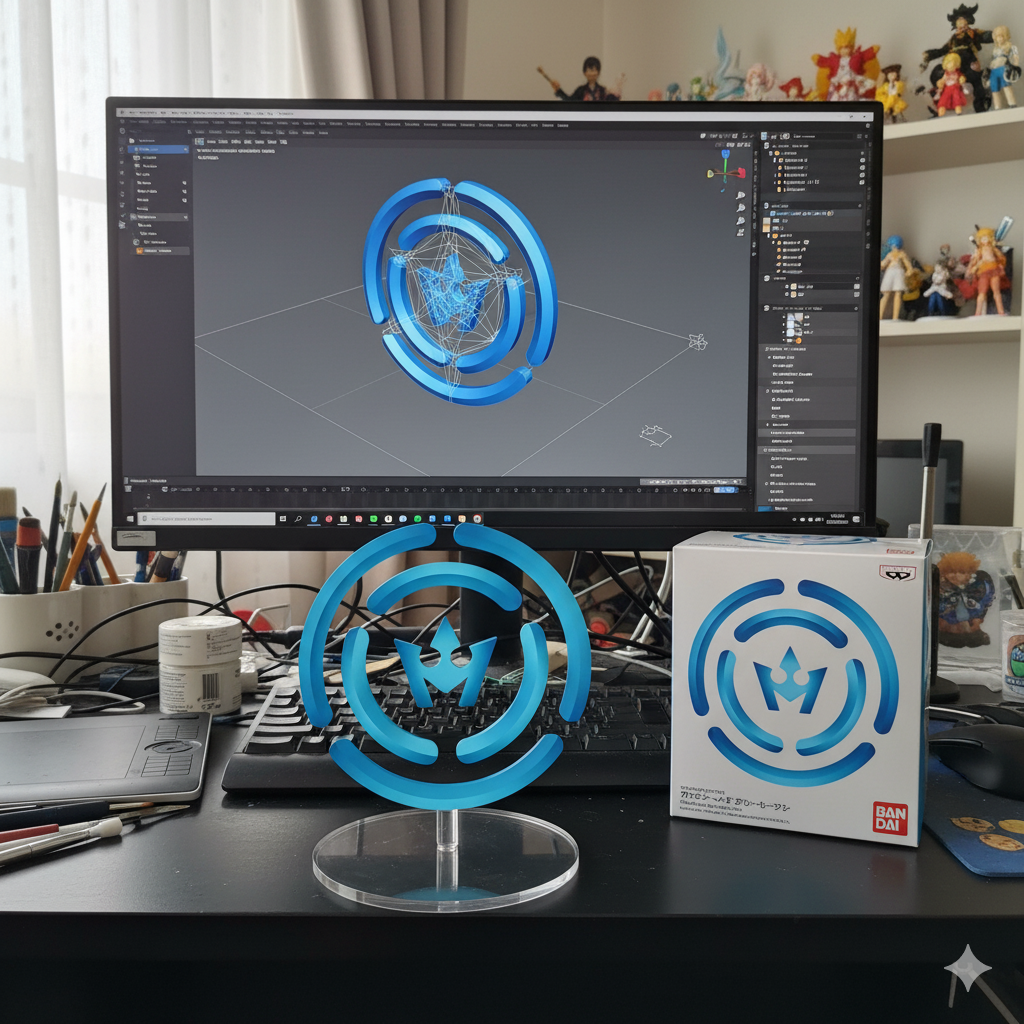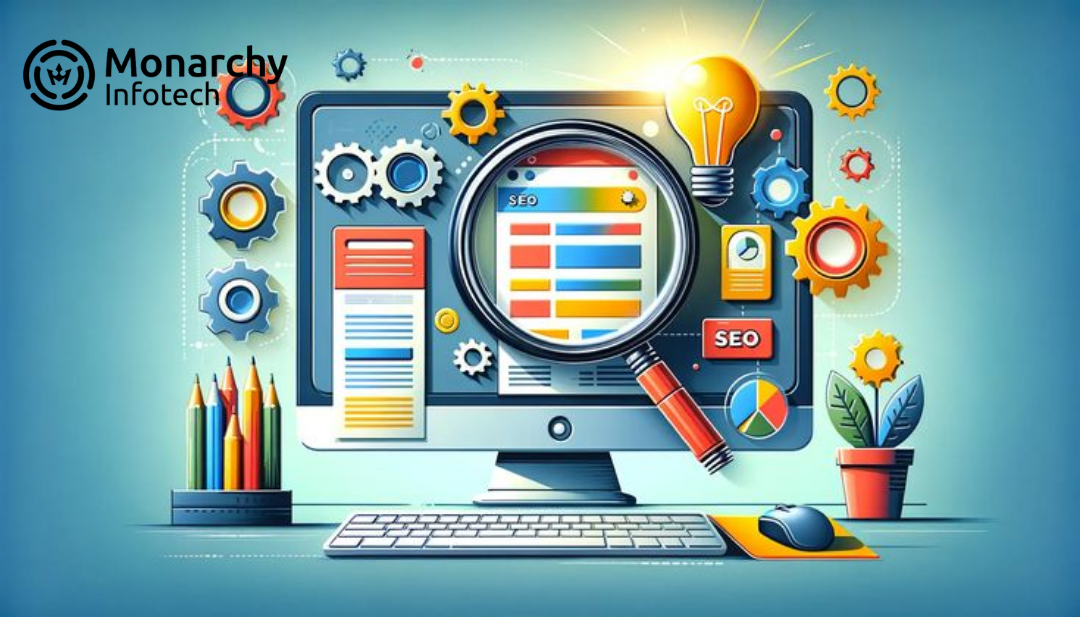Artificial intelligence (AI) agents are revolutionizing the way software is written, released, and managed. This post discusses the expanding influence of autonomous AI agents on developers and companies — from eliminating mundane coding to handling workflows and customer relationships. Discover how these smart systems are transforming productivity, simplifying operations, and opening up new prospects (and challenges) for the AI-first era.

AI Agents Are Here: What It Means for Developers and Businesses
AI Agents Arrive: What It Will Mean for Developers and Companies
Artificial Intelligence has gone beyond the realm of mere automation and predictive analytics. The revolution has arrived — AI agents — smarter systems that can accomplish tasks independently, make decisions, and even learn in real-time. They are not merely tools, but partners.
But what are the implications for businesses and developers? Let's dive into the increasing power of AI agents and how they're transforming the work of the future and innovation.
What are AI Agents?
AI agents are independent computer programs driven by sophisticated machine learning algorithms — particularly Large Language Models (LLMs) — that can carry out intricate tasks with less human intervention. Unlike scripts or bots, AI agents are capable to:
- Recognize context
- Make decisions
- Learn from data and feedback
- Interact with several systems
- Coordinate with other agents or humans
Think of tools such as OpenAI's AutoGPT or Microsoft's Copilot — but used across industries and workflows.
Developers' Impact
AI agents are already impacting the way developers work, from coding to debugging and deploying applications.
1. Improved Development Cycles
AI agents can automate boilerplate code, generate test cases, document APIs, and even provide architectural suggestions — cutting development time by a large margin.
2. Smarter Debugging
Tools powered by AI can now scan logs, detect anomalies, and even propose fixes — making developers catch bugs earlier and more accurately.
3. Shift Toward Prompt Engineering
As AI agents expand, developers also become prompt engineers — crafting inputs and systems that map out agent behavior, calling for new skillsets.
4. Collaboration With Autonomous Systems.
Instead of replacing coders, AI agents are emerging as coding collaborators, doing the repetitive work while the human does higher-level reasoning and creative problem-solving.
Business Impact
For companies, AI agents present enormous potential — from optimizing operations to revolutionizing customer experience.
1. Amplified Efficiency
AI agents can automate internal processes such as onboarding, scheduling, data entry, and even report generation — freeing up hours of manual labor.
2. Smarter Customer Support
AI-driven agents are turning chatbots into smart assistants that can solve questions, manage escalations, and learn from previous interactions.
3. Cost Saving
With reduced human hours spent on mundane or low-value activities, companies can redirect resources towards innovation and strategic expansion.
4. Scalable Operations
AI agents can operate 24/7, scale on the fly, and manage huge task volumes across departments — a perfect fit for startups and corporations alike.
Challenges and Considerations
In spite of the promise, AI agent integration is not without its own challenges:
- Data Privacy & Security: AI agents need access to sensitive data and systems.
- Bias & Hallucination: Outputs remain defective or biased if not appropriately validated.
- Dependence Risk: Excessive reliance on self-operating agents can cause errors if human oversight is absent.
The Future Is Agent-Driven
AI agents are not a fleeting fad — they are the building blocks of the next era of digital transformation. For programmers, it's about leveraging tools that raise the bar on creativity and velocity. For companies, it's about transitioning to leaner, more intelligent operations.
Early adopters who grasp and leverage AI agents will have a serious competitive advantage. The moment to discover, experiment, and transform — is now.
Final Thought:
AI agents aren't taking our jobs — they're helping us. It's a matter of partnership, not rivalry.





